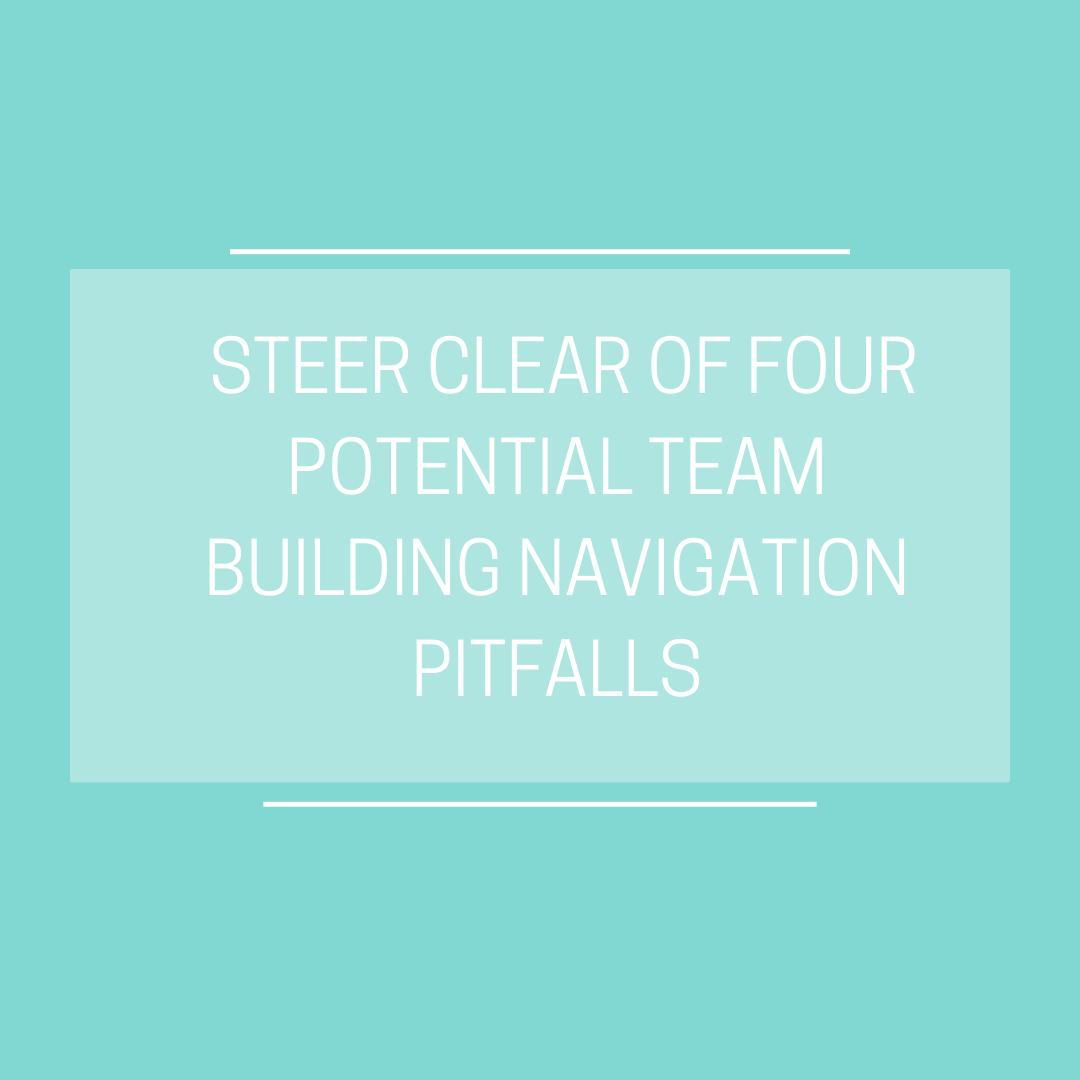
In a pediatric dental office far, far away, a small team worked together effortlessly. Everyone from the front office to the clinical team created a near-magical experience for their young patients and parents. One day, in this magical dental office land, the Practice Coordinator looked over the kingdom and realized that as the team had started to grow, the original core team did not get along with the new hires as well as they would have liked. To improve the team’s connection, the leader- ship team decided to start having social events after work to let everyone get acquainted with one another while enjoying some food, fun, and a few cocktails.
The storybook ending to this little fable was that the whole team found so much in common, became best friends, and radically improved their teamwork in the office—The End. However, in today’s real world, these team bonding or social events sometimes have an undesirable outcome across many dental practices. Instead of bringing everyone together, they may create a divide between the employees who love social events and those who resent them. There are four areas to consider when planning a team social outing so it can have a storybook ending.
Pay
Human resources professionals advise that if an employer requires an employee to attend a work event outside their regular working hours, they must compensate the employee for their time. In certain situations, it may even be necessary to pay overtime wages. Employers should consult with their HR advisors to ensure proper guidance is followed. The best rule of thumb is that if participation is “required,” employees must be compensated for that time. Does that mean employees do not need to be paid for that additional time outside of work hours if attendance is not required? Sometimes, employees are invited to a work event, and the invitation does not mention that participation is required, but everyone knows that their leaders will take note of attendance. If the employee believes that not attending could count against them, then that event would need to be treated as if attendance was formally required, and the employee would need to be paid for their time.
Participation
Providing the best patient experience in a pediatric dental office requires effective teamwork from the administrative team to the clinical team. What happens when team members avoid participating in the planned social events designed to help improve team connection and collaboration? How can managers build team cohesion when some employees do not want to socialize?
Each employee’s situation is different, and as practice owners or leaders, we should be sensitive about placing additional demands on team members. What may seem like a fun outing to one employee may be a significant inconvenience to another employee.
Leaders should take note if an employee is not eager to participate or chooses to skip these social events entirely and be willing to ask the employee why. They may be the primary caregivers in their home, and arranging childcare or being away for additional time is problematic. Some employees may have severe social anxiety, making these interactions uncomfortable. Others may be uncomfortable with some of the chosen events, and others are not interested in interacting with their co-workers outside the office. Having great teamwork does not require everyone to be friends, but it does require connection.
Planning
Employers may believe they need to plan significant events to show their team how much they appreciate them. Taking everyone to TopGolf and paying for an extravagant meal or happy hour are not the only ways to forge connections. The best bonding for a team can also happen in a few minutes at the office. During the morning huddle, taking 5 minutes for a few people to share something they are grateful for in their life, one of their interests, or something exciting or challenging that is happening, is a great way to connect. Sharing and listening allows team members to connect naturally and consistently. They will start showing their personalities more freely, and everyone will learn why they are the way they are. Treating two or three team members, who don’t interact often, to lunch is another great team bonding idea.
If a team is growing and changing, their former approach toward social events may need to be more practical. Just because something worked in the past doesn’t mean the activity needs to continue.
Planning a work event will help ensure team participation by organizing the team events during the workday. Team building could be as simple as hosting a monthly birthday lunch for all the employees. Other effective strategies in- clude blocking an hour in the schedule to do a team activity at the office, getting the team outside for fresh air, or even playing a game. Some practice owners find it easiest to close the practice an hour or two early to participate in a volunteer event, sporting event, or local exhibit. Bonding on company time is usually more convenient than bonding on the employee’s time.
Promotions
Practice owners and leaders should continuously evaluate their teams and observe who is ready for a promotion, is taking the initiative, and is working well with others. Often, there can be an illusory correlation bias between participating in team social events and the leadership readiness of that employee. Some leaders use a relational approach to build their influence through personal connections. Other leaders take a more results-oriented perspective. They lead by doing their job well, showing up on time, holding a high standard, and getting the job done. A successful practice should have leadership styles eager to create positive relationships and results.
It is all too common on HR blogs, podcasts, and social media groups to see employees sharing stories like this; “During my performance evaluation, I was told that I am punctual and do my job well, but I am not participating in team events. Participating and engaging more with the whole team will be important to be considered for my next promotion. So, does my lack of interest and participation in non-work activities count against my overall job performance? That’s not fair!”
An employee’s performance should be based on their job role and goals being achieved rather than based on their attendance or participation in non-work events. If practices plan employee development activities like lunch and learns or work-related group coaching activities, those should be included in the job description when hiring the employee. That will allow for these types of activities and their participation to be relevant to their performance review and eligibility for promotion.
“If you want to go fast, go alone. If you want to go far, go together.”
African Proverb
Making everyone happy and comfortable at every team event is unlikely; however, some team members will appreciate the opportunity not to participate when it is reason- able. Every team is unique, and as it grows, leaders should continue to evaluate the productive activities and traditions that the team has outgrown. Even though there is no fairy- tale land where every team member magically gets along, when leaders steer clear of these pitfalls, it helps their team strengthen as it grows.
